Search
Search Results
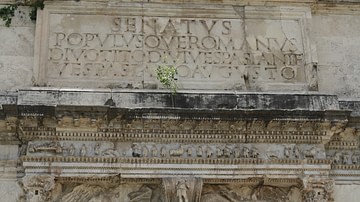
Article
Roman Citizenship
Citizenship is and always has been a valued possession of any individual. When one studies the majority of ancient empires one finds that the concept of citizenship, in any form, was non-existent. The people in these societies did not and...
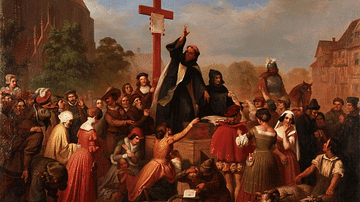
Article
Medieval Indulgence & Martin Luther
The medieval indulgence was a writ offered by the Church, for money, guaranteeing the remission of sin, and its abuse was the spark that inspired Martin Luther's 95 Theses. Luther (l. 1483-1546) claimed the sale of indulgences was unbiblical...

Article
Prostitution in the Ancient Mediterranean
Prostitution in the ancient world usually referred to a classification of women and men who offered their sexual services outside the parameters of law codes for ancient society. The word 'prostitute' derives from the Latin prostituere ("to...
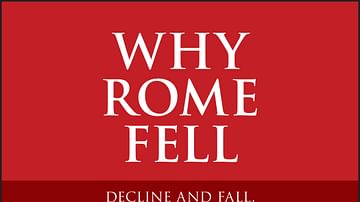
Article
Continuity and Change after the Fall of the Roman Empire
The cataclysmic end of the Roman Empire in the West has tended to mask the underlying features of continuity. The map of Europe in the year 500 would have been unrecognizable to anyone living a hundred years earlier. Gone was the solid boundary...
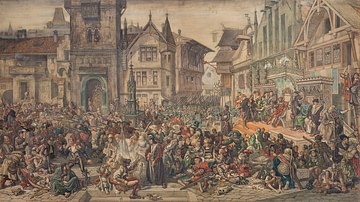
Article
Blaurock's Origin of the Anabaptists
George Blaurock (l. c. 1491-1529) was one of the three founders of the Swiss Brethren (known by their opponents as Anabaptists) along with Conrad Grebel (l. c. 1498-1526) and Felix Manz (l. c. 1498-1527). His Origin of the Anabaptists is...
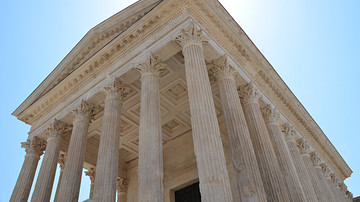
Article
Top 10 Archaeological Sites in Provence
Provence has inherited a rich legacy from antiquity, boasting some of the best-preserved Roman ruins in Europe. In the 2nd century BCE, the Romans began their conquest of the region and called it “Provincia Romana,” giving us the region's...
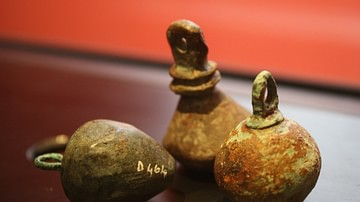
Article
Banking in the Roman World
Just as in other ancient civilizations, the first banks in Rome began in the temples consecrated to the ancient Gods. Many temples held in their basements the Romans' money and treasure, and were involved in banking activities such as lending...

Article
Periplus of the Euxine Sea
The Periplus of the Euxine Sea (Circumnavigation of the Black Sea) is a description of trade routes along the shores of the Black Sea written by Arrian of Nicomedia (Lucius Flavius Arrianus), a historian and philosopher writing in the early...
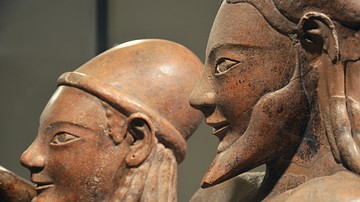
Definition
Etruscan Civilization
The Etruscan civilization flourished in central Italy between the 8th and 3rd century BCE. The culture was renowned in antiquity for its rich mineral resources and as a major Mediterranean trading power. Much of its culture and even history...
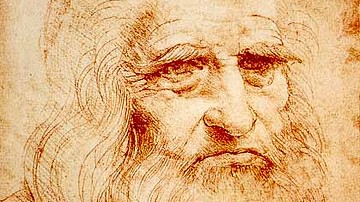
Definition
Leonardo da Vinci
Leonardo da Vinci (1452-1519) was an Italian Renaissance artist, architect, engineer, and scientist. He is renowned for his ability to observe and capture nature, scientific phenomena, and human emotions in all media. Leonardo’s innovative...